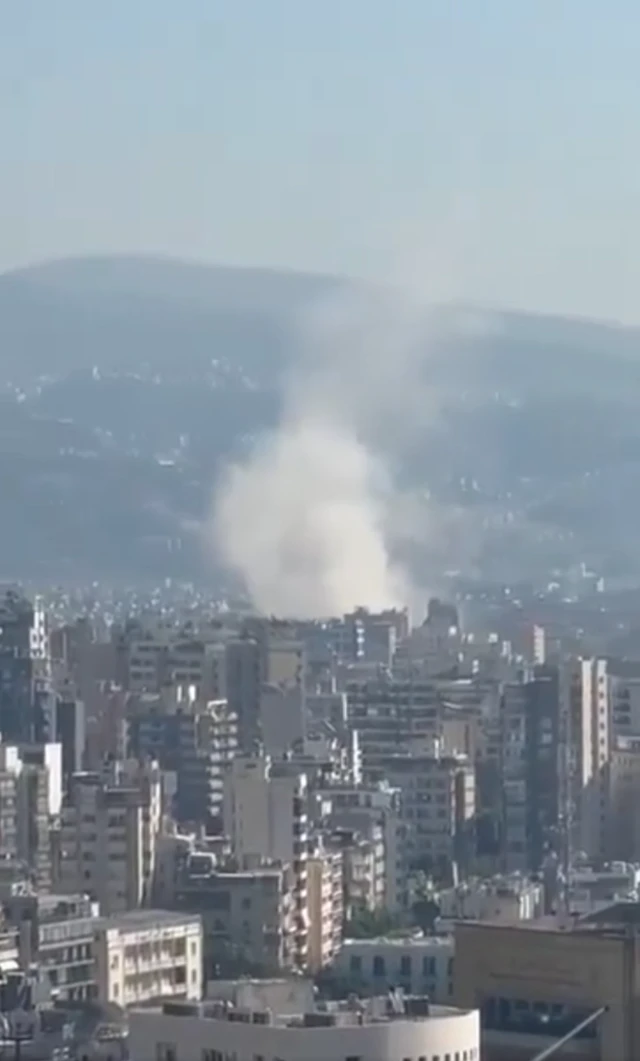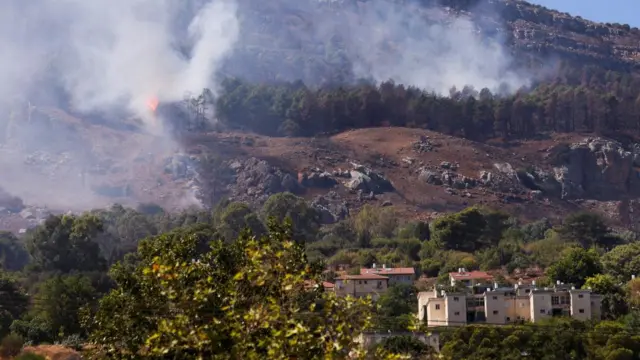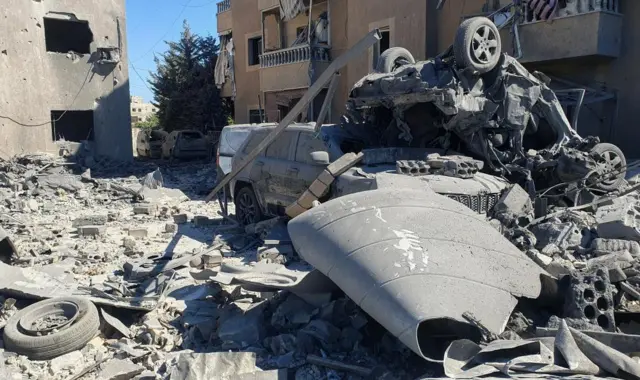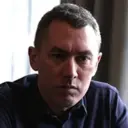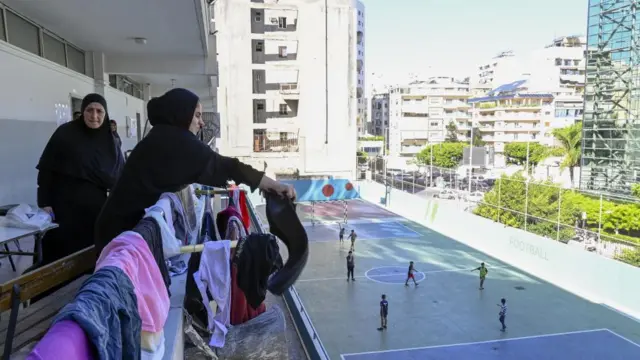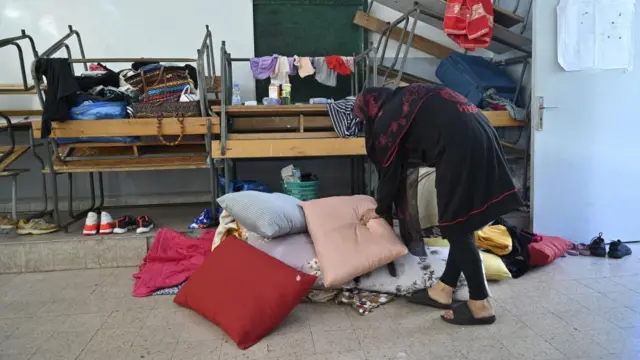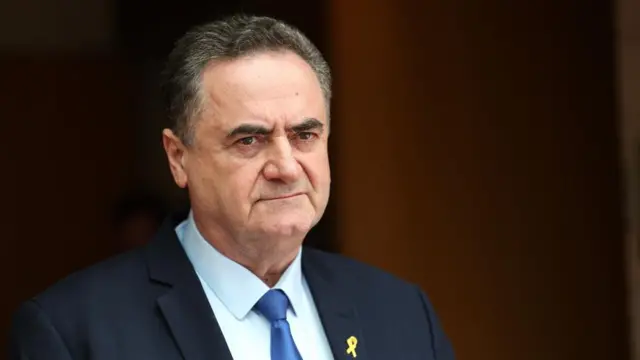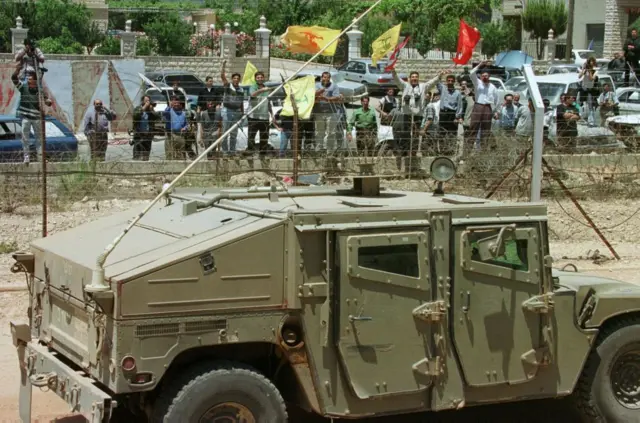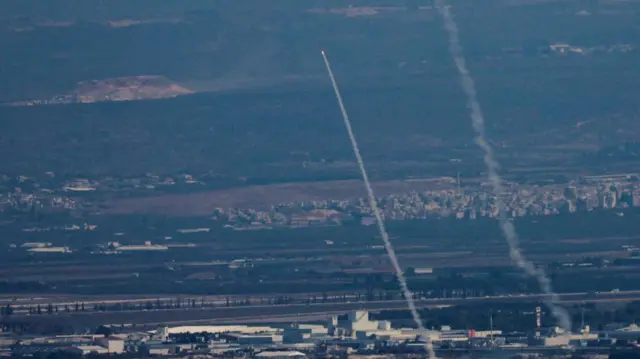Emergency teams rush towards Beirut suburbpublished at 13:30 BST 26 September 2024
 Nafiseh Kohnavard
Nafiseh Kohnavard
BBC Persian Middle East correspondent, reporting from Beirut
We've just seen emergency teams leave in a rush from the school we are broadcasting from in Beirut.
A neighbour sent me a video of smoke rising from the southern suburb of Dahieh - only 2km (1.2 miles) from us.
